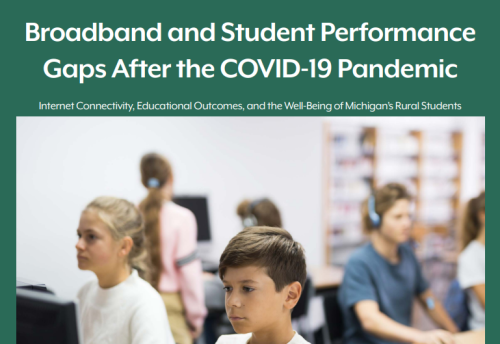Identifying Risk Factors Associated with Cybercrime Offending and Victimization
Tom Holt presented an informative talk on his research focused on who is most likely to be a victim of online cybercrime, and who is most likely to be an offender. Given the many scary stories in the media, you might find this to be a useful presentation to view. In general, he finds a number of common patterns that conform with key patterns in the real, offline world, such as the centrality of peer influence. He empirically examines the importance of traditional criminological theories in accounting for involvement in various forms of cybercrime and deviance, as well as the risk of person and property-based forms of cybercrime victimization using various data sources. The findings demonstrate that offending is partially learned through social interactions with intimate peers, as well as through latent individual traits such as impulsivity. These same factors also disproportionately increase the risk of victimization, leading to challenges for policy-makers and parents to deal with inappropriate behaviors.
Thomas J. Holt – Identifying Risk Factors Associated with Cybercrime Offending and Victimization from Quello Center on Vimeo.
Dr. Thomas J. Holt is an Associate Professor in the School of Criminal Justice at Michigan State University specializing in cybercrime, cyberterror, and policy. He received his Ph. D. in Criminology and Criminal Justice from the University of Missouri-Saint Louis in 2005. He has published extensively on cybercrime and cyberterror with over 40 peer-reviewed articles in outlets such as British Journal of Criminology, Crime and Delinquency, and the Journal of Criminal Justice. Dr. Holt has
co-authored multiple books, including Cybercrime and Digital Forensics: An Introduction (Routledge), and Policing Cybercrime and Cyberterror (Carolina Academic Press). He has also given multiple presentations on cybercrime and hacking at academic and professional conferences around the world, as well as hacker conferences across the country including Defcon and HOPE.
His recent work on social media gained media coverage over a finding that 1 in 4 children are sexually harassed online – by their own friends. We hope you can join this informal noon brown bag seminar.



